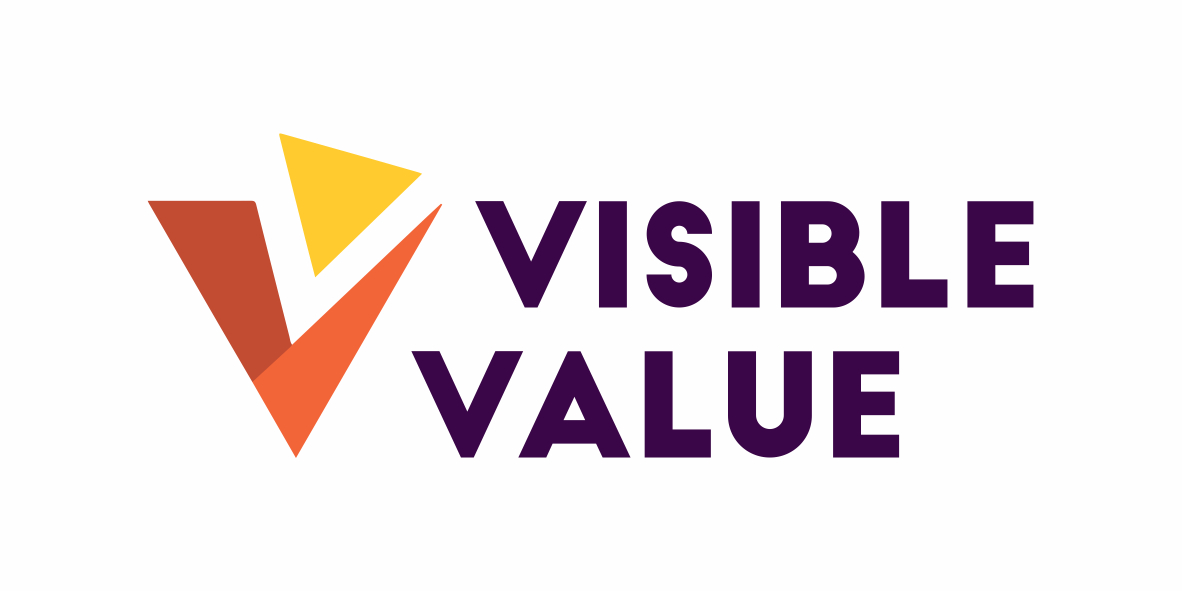Country Snapshots: Recognition of Youth Work
This section of the Visible Value aims to provide a quick overview of the state of the affairs about the recognition of youth work in the countries covered by EU-CoE Youth Partnership. In total it covers 53 country profiles (including 3 profiles for Belgium and 4 profiles for the UK).
The content in this section is based on several sources, including:
- Country reports on youth work collected by EKCYP correspondents: https://pjp-eu.coe.int/en/web/youth-partnership/country-information-youth-work
- EU Youth Wiki - an online platform presenting information on European countries' youth policies: https://national-policies.eacea.ec.europa.eu/youthwiki
- Forthcoming national contributions of the Non-programme countries to EU Youth Wiki
- An additional survey done by the editors of the Visible Value in 2021
The sources of information are indicated at the end of each profile.

The first reference to the youth worker – but through the activities implemented – comes with the National Youth Law. In 2012, the Occupational Standard for the Youth Workers had been defined. According to this standard, the youth worker mobilizes young people in order to develop their life skills and behaviours, stimulating the associative life and cooperation among young people, facilitating their participation in the community life.
The practitioners of this occupation represent resources for young people, for NGOs and communities and they carry out activities related to information, guidance and support for young people, facilitating, at the same time, their social insertion and their personal development in the context of enhancing human, cultural diversity and promoting active citizenship.
The competences of the Youth Worker are based on the principles and values of multiculturalism and human diversity together with the integrated approach of the directions of action in the social, cultural, educational and leisure time spheres. The youth worker organizes the activities within a general project of an association or foundation or within the framework of activities of a local or central public organization that has responsibilities in the youth field. The Youth worker can work for one of these organizations and its involvement starts from planning the activity until the final evaluation. The youth worker coordinates, monitors and prepares the report of the ongoing activities.
The youth worker acts by encouraging young people to get involved with different activities that would support their inclusion in the society by facilitating the process of informal and non-formal learning for young people. Through these learning approaches enacted, young people get involved with relevant learning opportunities that would then contribute to their personal and professional development. These activities would as well lead to the advancement of youth policies in the respective community.
The youth workers can be either employees of the respective organization or volunteers leading youth groups. In terms of occupational areas covered, the Standard includes the ones trained in social pedagogy, community development specialist, socio-education animators, and social workers. Within the wider occupational sphere, the youth worker is assimilated to the group – Specialists in social work or similarly trained.
In terms of competencies, the Occupational Standard looks both at the general competences and also at the specific ones. In terms of key competencies, the ones included in the Standard the 8 key competences for Life-long learning while the terms of general competencies the following ones are set:
- Planning the activities
- Applying the legal measures regarding work security and health standards when it comes to emergency situations.
- Applying the regulations regarding the environmental protection
- Working in a team
- Communicating with the beneficiaries
The specific competences included are:
- Able to draft the personal and professional plans
- Informing the beneficiaries
- Supporting the nonformal learning process within the youth group
- Developing cooperation mechanisms in the working community.
No specific arrangements existent for skills acquired through youth work. Except for the specified legislation and described methodologies, no specific recognition and validation of skills acquired through youth work were put in place.
(From the Youth Wiki)

